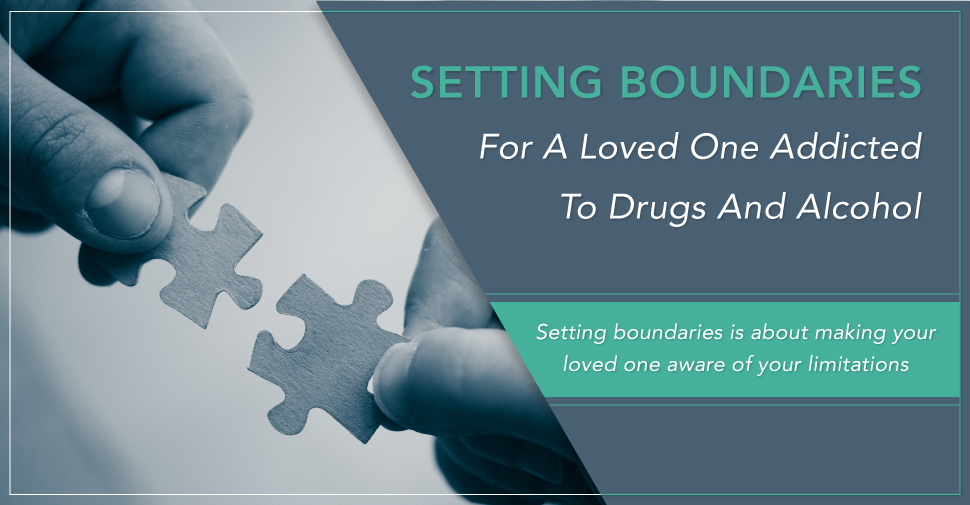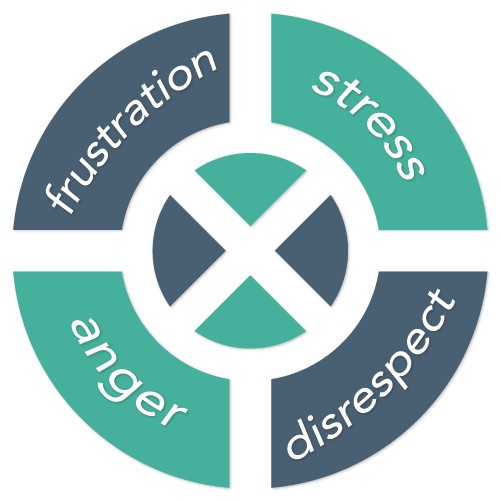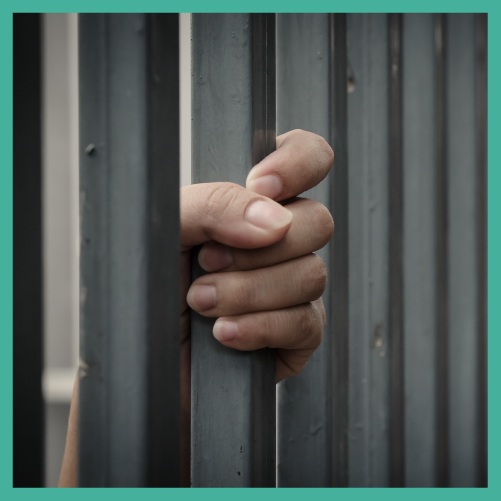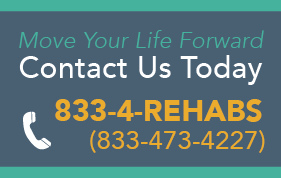
Drug and alcohol misuse, abuse, and addiction is of great concern no matter what the age of the user, however, these problems are unfortunately, and quite dangerously, all too prevalent within the elderly population. The Administration on Aging’s (AoA) guide, Prescription Medication Misuse and Abuse Among Older Adults, illustrates the scope and possible root of this problem, “Misuse of prescription medications, also referred to as non-medical use of prescription drugs, is estimated to increase from 1.2 percent (911,000) in 2001 to 2.4 percent (2.7 million) in 2020—a 100 percent increase—among older adults.”
This is especially frightening, when you consider the fact that substance abuse can create or compound physical and mental health concerns that may already be present, or that they may have an likelihood of developing at some point in the future.
 Due to life circumstances that may be unique to their age or health concerns, elderly people often confront a variety of emotions or mindsets that may be somewhat debilitating and hard to bear. These include a sense of isolation, loneliness, boredom, and grief, as well as others.
Due to life circumstances that may be unique to their age or health concerns, elderly people often confront a variety of emotions or mindsets that may be somewhat debilitating and hard to bear. These include a sense of isolation, loneliness, boredom, and grief, as well as others.
As people of this population may have a smaller network of support, or be more apt to decline reaching out for help, these things may overwhelm them to the point of self-medication, which can lead to substance abuse and addiction by means of drugs, alcohol, and/or tobacco products. In order to understand this issue, we need to understand the unique concerns that this population faces that may alter this use, and even treatment.
Side Effects And Concerns For The Elderly
Substance use and addiction, and the accompanying side effects, should be a concern no matter the user’s age, however, the presence of each dose poses risks that are made even more serious by an elderly person’s age.

Fixed Income – A large amount of people within this age bracket live on a fixed income, and may have difficulties paying or getting coverage for all the prescriptions or healthcare that they need. Due to this, they may be inclined to use medications that belong to another person.
Cognitive difficulties – As a person ages, they may manifest more signs of cognitive impairment. Some individuals may also experience some measure of dementia. Either of these things can make it difficult for a person to fully understand their drug use and behaviors, and in turn, the consequences. These factors may also impair a person’s memory in a manner that leads to unintentional misuse—increased frequency or amount of dosage, or taking things together that should not be used concurrently.
Ageism – SAMHSA’s Substance Abuse Among Older Adults explains this vastly detrimental mindset that can blockade a person from receiving the help they need. “The term ageism was coined in the mid-1960s to describe the tendency of society to assign negative stereotypes to older adults and to explain away their problems as a function of being old rather than looking for specific medical, social, or psychological causes.”
Changes in the metabolism of drugs and alcohol – As people age, their bodies’ functions begin to change. According to SAMHSA, a person’s body begins to take longer to clear or break down the components of these substances from its system. The Office of Alcoholism and Substance Abuse Services (OASAS) further elaborates on this, “Due to a reduction in blood flow to the liver and kidneys in the elderly, there can be a 50% decrease in the rate of metabolism of some medications, especially benzodiazepines.” Your liver is also crucial in detoxification of alcohol, which is one reason why alcohol can impact an elderly person differently.
Increased risk of dementia – both alcohol and drug abuse can cause dementia, albeit in some cases temporary, or in the case of the latter delirium. In addition to the risks these bring alone, they can further fuel or perpetuate drug misuse and abuse that we noted above, creating what can be a vicious and dangerous cycle.
Physical health issues put them more at risk – At this advanced age, this population consistently deals with more physical afflictions that require the aid of a medication (both prescription and over-the-counter), including increased joint paint, an increased risk of falls, and trouble sleeping. The medications that are commonly prescribed for these things are some of the most addictive (prescription pain medications and benzodiazepines).
Any time a person uses any drug in an amount, manner, or combination other than intended, the risk of harmful side effects and addiction climb, as does the risk of overdose-related conditions and death.
Heightened Risk, Greater Amount Of Prescriptions
The National Institute on Drug Abuse chronicles the at times startling reality of substance abuse and addiction within this population. They cite an impactful statistic, “Persons aged 65 years and older comprise only 13 percent of the population, yet account for more than one-third of total outpatient spending on prescription medications in the United States.”
Though 65 is not considered elderly by most, it is an age that is included in many of the studies and statistics noted here. This is relevant because the habits and behaviors that may plague an elderly person may often began at an earlier age.
Drug use begins with misuse, and as we’ve noted above, misuse in this population is on the rise. One of the categories of drug use that holds the greatest potential for misuse and abuse, which can then lead to addiction, is psychoactive medications. Reports indicate that 25 percent of this population use some form of these types of medications.
Using Psychoactive Medications In A Harmful Manner
The AoA defines psychoactive medications as substances that “act primarily on the central nervous system, where they affect brain function resulting in changes in mood, cognition, behavior, and consciousness as well as block the perception of pain.” In addition, these medications may also result in a state of euphoria, which is often implicated in the reasons why a person may knowingly choose to abuse a medication in a manner that may lead to addiction.
Due to the prevalence in which these types of medications are prescribed, the risk of abuse and addiction from these are higher within this population, as is the potential for adverse or harmful side effects from these situations.
As found in the AoA guide, here are the possible negative effects of psychoactive medication to a person’s health:
- Extended use has been shown to increase the risk of depression and cognitive impairment, that may be marked by confusion, this is especially true of benzodiazepines.
- Benzodiazepines and opioid analgesics increase the risk of falls, with the former increasing the risk of a broken hip
- Opioid analgesics can be overly sedative, they may slow a person’s breathing down, and create problems with a person’s vision, attention, and coordination
- Emergence of struggles surrounding tasks within their everyday life, including difficulties keeping up with their personal hygiene and grooming
- Tension or problems within their family or marriage
- Loss of interest or involvement in activities that a person used to enjoy, including those that involve their family or friends
 As you can see, some of the side effects may occur independently due to the natural progression of age. The AoA guide explained that this prevalence of misuse and abuse within this population is based on, as supported by research, a prior history of problems with drugs, the presence of co-occurring disorders, especially depression, and a period or sense of isolation.
As you can see, some of the side effects may occur independently due to the natural progression of age. The AoA guide explained that this prevalence of misuse and abuse within this population is based on, as supported by research, a prior history of problems with drugs, the presence of co-occurring disorders, especially depression, and a period or sense of isolation.
The guide also noted that women are at a greater risk of suffering from misuse and the subsequent abuse of psychoactive medications, specifically benzodiazepines. This is due, in part to their gender, and instances of “divorce, widowhood, lower income, poorer health status, depression, and/or anxiety.”
Over-The-Counter Drugs Pose Concerns As Well
When people think of drug abuse, they may be quick to think of illicit drug use, including the misuse and abuse of prescription drugs. Though the threat may not be as overt, over-the-counter drugs can pose a threat as well. In addition to causing discomforting or even dangerous side-effects, especially when they interact with other OTC or prescription medications, some of these may garner behaviors that become compulsive and follow distinct patterns of abuse.
Alcohol use presents a host of problems to this demographic of people, so using OTC medications in conjunction with alcohol or prescription drugs can further complicate the side effects and dangers, as these substances may already cause these side effects on their own.

Laxatives: Elderly people often encounter gastrointestinal difficulties due to their age or medications. Some may choose to use laxatives as a remedy, however they can cause dehydration and imbalance a person’s electrolytes due to the diarrhea that may result. This can be exacerbated by alcohol use which also causes upset to these body systems.
Cold Medications: These can cause cardiovascular troubles, including hypertension, and in the worst case, stroke.
Antihistamines: Though a variety exist as prescriptions, there is an assortment available as OTC drugs. A person may take these for allergies, or self-medicate in off-label ways to reduce anxiety or fall asleep. These drugs can create a tolerance, to the extent that SAMHSA recommends that they should not be used when a person resides alone.
SAMHSA’s speaks of the risks with these types of medications “Older persons appear to be more susceptible to adverse anticholinergic effects from antihistamines and are at increased risk for orthostatic hypotension and central nervous system depression or confusion. In addition, antihistamines and alcohol potentiate one another, further exacerbating the above conditions as well as any problems with balance.” Individuals of this age need to be wary of any medication that may upset their balance as their bones are far more apt to break or fracture, which can be very serious at this age.
Difficulties In Diagnosing Substance Abuse And Addiction
As a person ages, their support system often becomes smaller, whether it be from illness or death, or simply because their level of activity decreases. Due to this, they may not interact with people in a frequent enough manner for patterns and behaviors of drug misuse, abuse, and addiction to become apparent. Due to fear they may foster regarding health concerns (that they may be trying to self-medicate) or living arrangements (being afraid of being forced to leave their home), elderly may try to mask their condition.
One thing that can make it difficult for a family member and even health providers, is that certain medications, even if used appropriately, certain health concerns or illnesses (such as cognitive decline), and even the natural progression of aging, may exhibit themselves in manner that mimics certain characteristics of abuse and addiction.
Here, we present some common symptoms, as derived from information found through OASAS and the publication, The Elderly and Prescription Drug Misuse and Abuse, that you should be on the lookout for if you think yourself or a loved one is struggling with substance misuse, abuse, or addiction.
- Noticeable difficulties with memory after a person consumes alcohol or medicine
- Difficulties with motor-skills or coordination, which may manifest itself as unstableness, shaky hands, stumbling, or even falls.
- Problems or changes with sleep patterns
- Mood changes, including mood swings, a short-temper, or sorrow
- Appearance or aggravation of anxiety or depression
- Bruising
- Chronic pain that is not attributed to other reasons
- A sudden state of isolation—witnessing a person withdrawing from people in their life
- Habitual boredom
- Personal grooming habits suffer
- Impaired cognitive abilities, reduced concentration, or disorientation
- Losing interest in activities or hobbies that previously brought them pleasure.
You may also witness changes in a person’s finances (money is used to fuel their habit or self-medication), you may find alcohol or medications hidden, the person may become agitated when you inquire about their use, you may witness them using amounts greater than prescribed, because they claim that the medication isn’t working to make them feel the way that it once did, or they claim that they want to stop using, and they appear unable to do so.
How Can This Be Prevented?
Prevention and education are key. Caregivers, family members, and healthcare workers who are part of the individual’s care team, all have an integral role in preventing this sort of abuse, and aiding in the recognition and treatment of an existing problem.
Caregivers and the individuals themselves need to be mindful of certain behaviors and factors that revolve around their drug use. These include:
Be honest. Express any worries or questions about your health or drug use, whether it be use that is as prescribed, or that which is considered misuse.
Get regular medical care. Sometimes, it can be hard to notice patterns or risks in a person, if you’re not trained to. Having a set of eyes from someone that is medically trained on a consistent basis can help to insure that these conditions are spotted before they go too far.
If any of your health concerns change or become aggravated, tell your physician. It may be the natural progression of the illness, or it may be an interaction with a medication. If a new health problem arises, you need to tell your doctor immediately, as this needs to be addressed, and it could influence the medications that you are taking, and how they affect you.
Do not self-medicate. This includes taking any medications that belong to another person (even if you have taken them in the past), or even medications that you may have taken in the past. A person’s body changes as they age, this paired with new or aggravated health concerns, illnesses, or diseases, or the introduction of new medications, or changes to existing prescriptions, can all alter how you react to a certain medication.
Inform your healthcare team of any co-existing disorders, especially any mental health concerns, not only can these exacerbate or bring about drug use, but they can cloud a person’s mental function in a manner that makes it harder for them to function and make important choices about their life and health.
How Can This Be Treated?
Treatment protocol essentially follows the same guidelines as for any other person that is need of help. Due however, to the person’s age and specific health concerns, some aspects may not be appropriate, or may need to be tweaked in order to be maximally effective.
Before treatment can occur, the person in question needs to be screened and assessed for substance abuse, the CAGE or AUDIT screening instruments are certain tools that may be used to help illuminate the presence of substance abuse or addiction.
Another AoA guide details Screening, Brief Interventions, and Referral to Treatment (SBIRT), which SAMHSA supports as an evidence-based method for determining the extent of substance abuse or addiction, intervening, and developing appropriate treatments to aid in recovery.
Cognitive impairment is a huge concern of drug use, one that needs to be fully considered during the course of ascertaining and implementing treatment. In regards to this, SAMHSA urges “Patients who have been medically detoxified should not be screened for cognitive dysfunction until several weeks after detoxification is completed, because a patient not fully recovered from detoxification may exhibit some reversible cognitive impairment.”

Here are some tips or techniques that may be helpful as an elderly person strives towards sobriety and recovery:
A brief intervention may be the best first step. Due to the complicated nature of this situation, an intervention may be one of the best ways to incite change and get a person the help they need. SAMHSA recommends this as a first step, and details the intervention steps that are specific to an elderly population here.
Family support can be crucial in supporting a person in their pursuit of sobriety and throughout their recovery. Family interaction can help to chase the sense of loneliness, isolation, boredom, and fear that may plague a person’s thoughts. Having regular contact with a person also allows you to notice any emergent patterns or questionable changes in behavior.
Therapy can be an excellent resource when trying to get an elderly person help. Take a moment to consider the fact that they have a long lifetime of experiences and memories that they carry with them, paired with the more recent difficulties that their age brings, such as illness and death. This can be a lot to bear. Behavioral therapies can help a person to find sobriety and maintain their recovery.
Motivational counseling has been shown to be exceptionally effective in helping these people to embrace their circumstances and find a willingness and reason for change. Cognitive behavioral therapy may also be helpful, as it aids in helping a person to change negative thought patterns that may manifest as thoughts or behaviors that fuel drug use.
Certain medications may be used to help overcome abuse and addiction, but being that there is a good chance they are taking other medications already, paired with their body’s changing physiology, these should not be used without the guidance of an addiction specialist that is trained in treatment for this population.
In example, OASAS, speaks of antabuse, one medication that is used within treatment for alcohol addiction, they state “ Antabuse should probably be avoided because the elderly cardiovascular system may not be able to handle possible cardiac events that could occur with an alcohol – antabuse reaction.”
Support groups can aid recovery and battle isolation, and provide elderly people with companionship and support, as they will meet other people that are struggling with circumstances that may be similar in ways to theirs. Examples include 12-step programs.
Get Help Today
Though they’ve already lived a long and full life, an elderly person deserves the chance to have a continued state of wellness and good health through the
remainder of their life. Though some medications may be necessary to promote these states, some misuse may actually create an environment of abuse and  addiction. If you or someone you love is experiencing misuse, abuse, or addiction, please let us help you get on the path towards a more balanced life. Contact us today, at DrugRehab.org, our staff is compassionate and understands the unique needs that you or your loved one faces.
addiction. If you or someone you love is experiencing misuse, abuse, or addiction, please let us help you get on the path towards a more balanced life. Contact us today, at DrugRehab.org, our staff is compassionate and understands the unique needs that you or your loved one faces.
Sources
The National Institute on Drug Abuse – Prescription Drug Abuse: Older Adults
The Administration on Aging – Prescription Medication Misuse and Abuse Among Older Adults
The Substance Abuse and Mental Health Services Administration – Specific Populations and Prescription Drug Misuse and Abuse
The Administration on Aging – OLDER AMERICANS BEHAVIORAL HEALTH Issue Brief 3: Screening and Preventive Brief Interventions for Alcohol and Psychoactive Medication Misuse/Abuse
National Institute on Drug Abuse – Prescription Drug Abuse
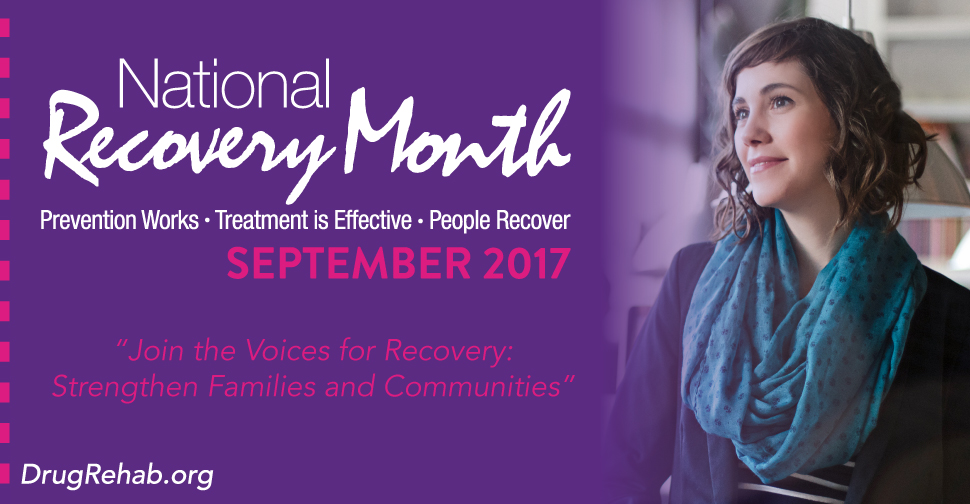
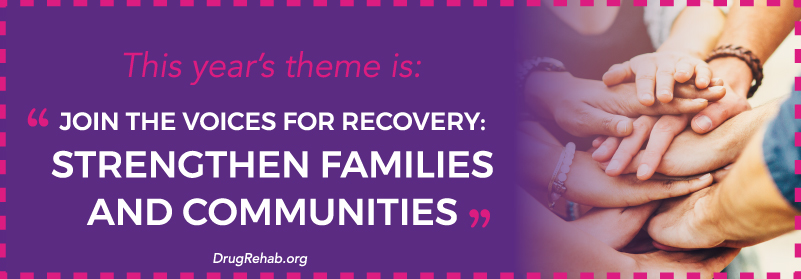
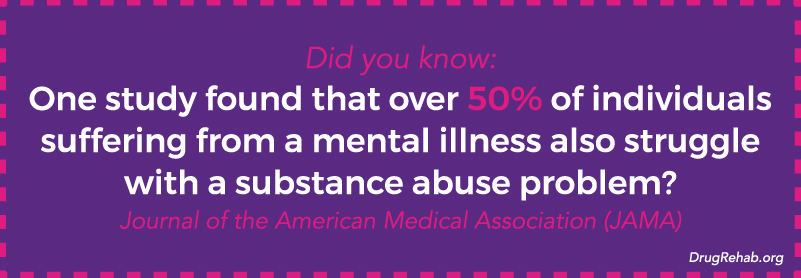


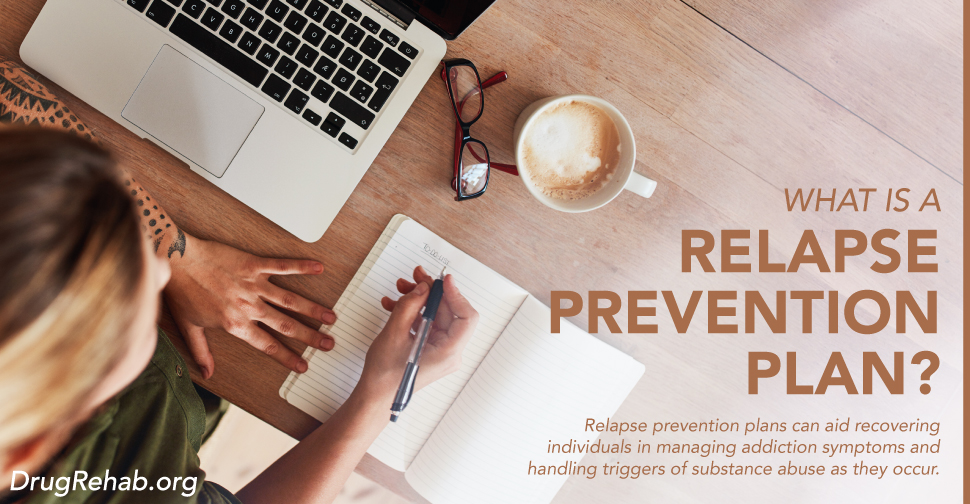
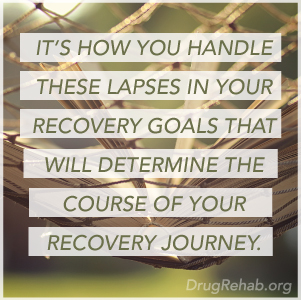 As the
As the 

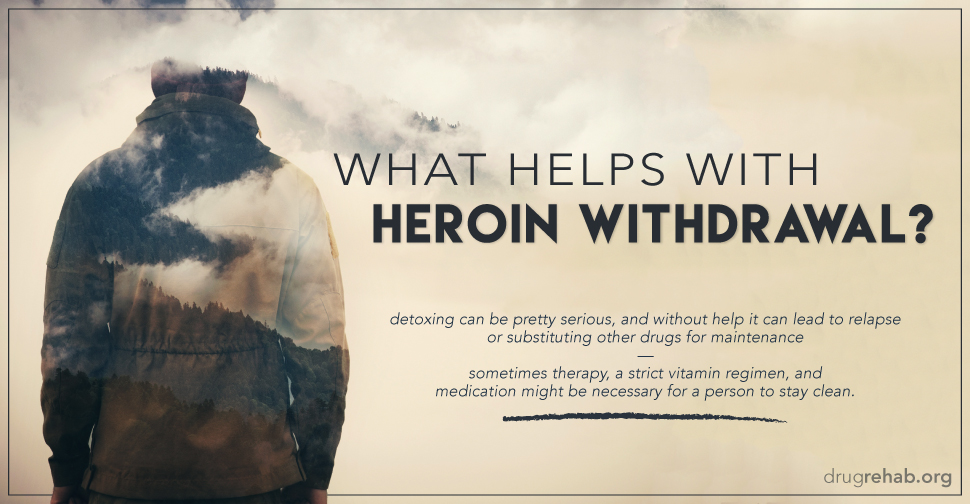
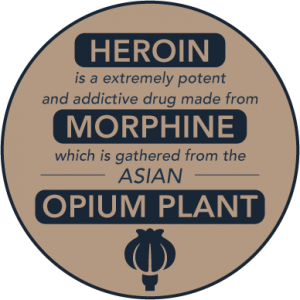

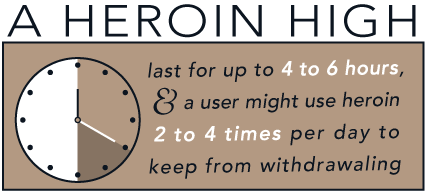
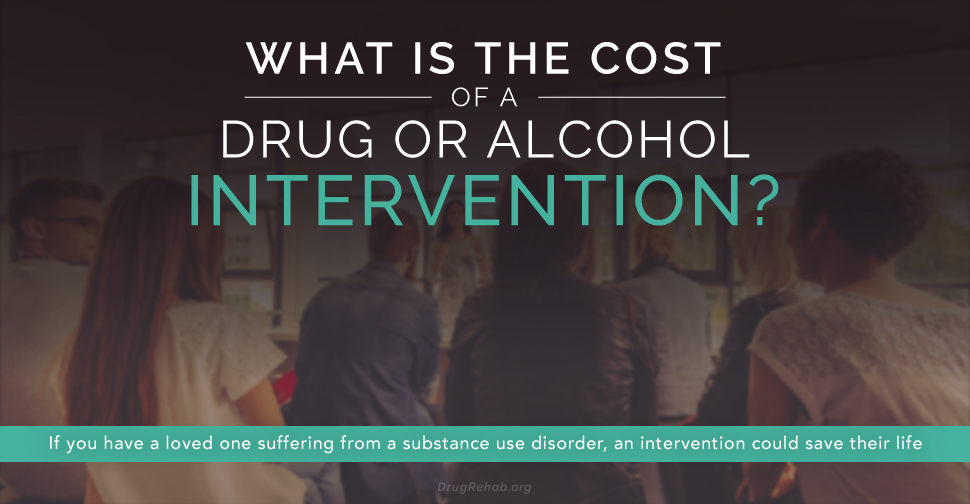

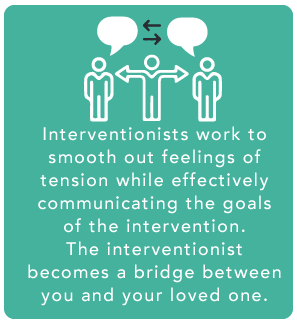
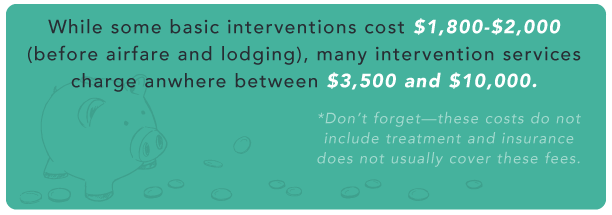
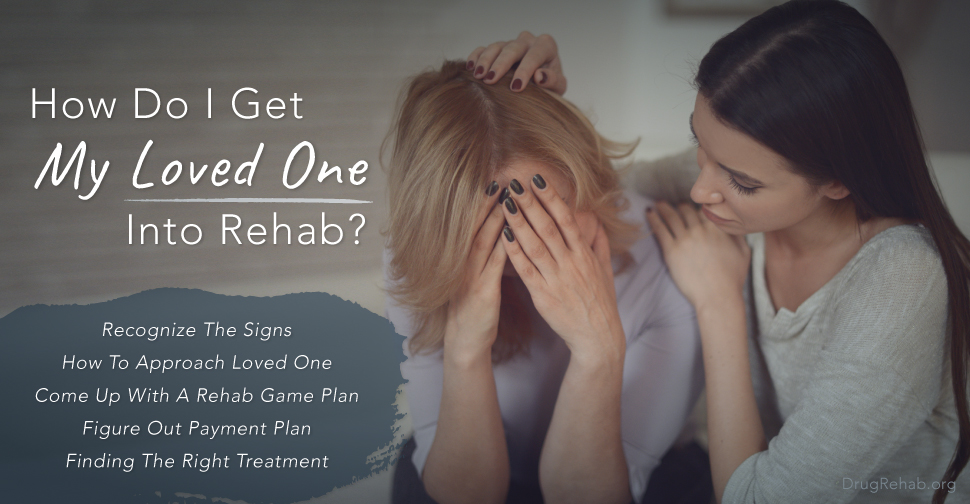
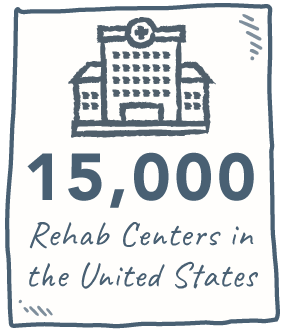
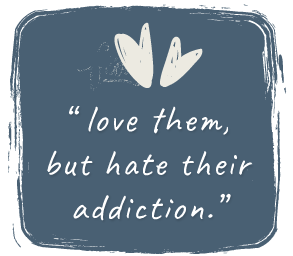
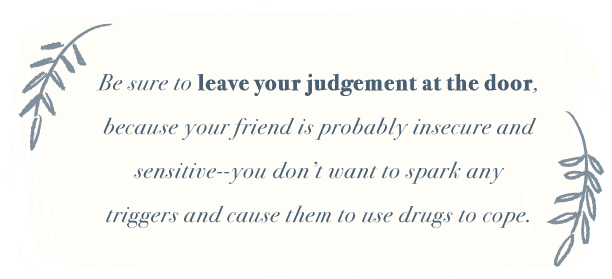
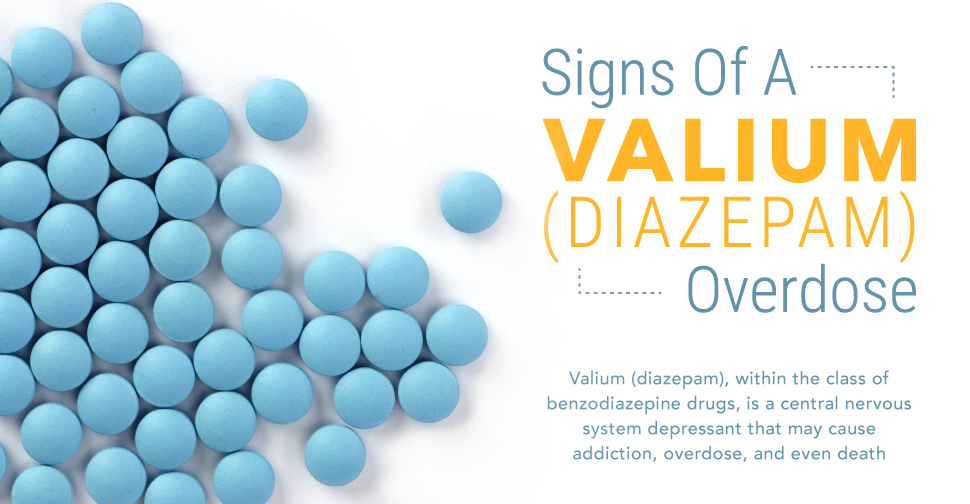
 Persistent drowsiness
Persistent drowsiness
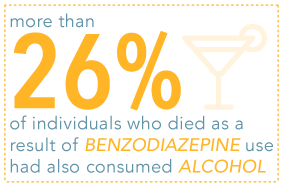
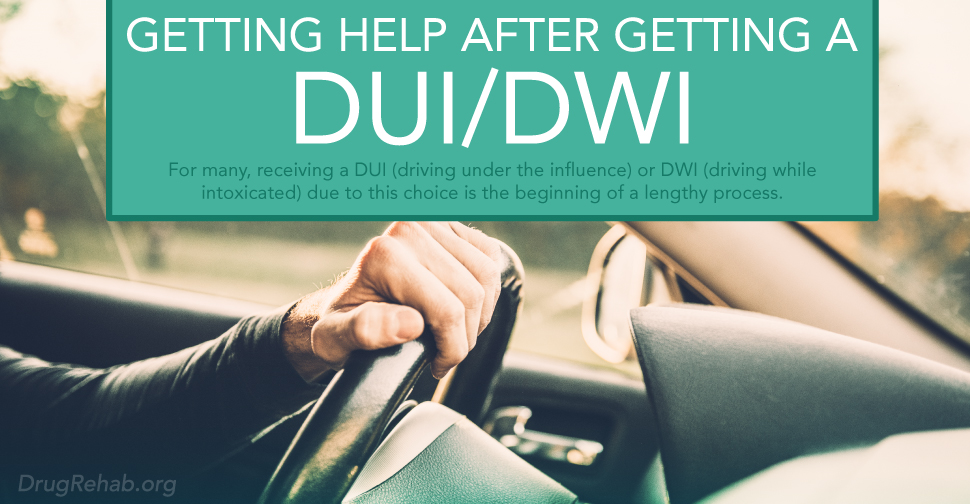
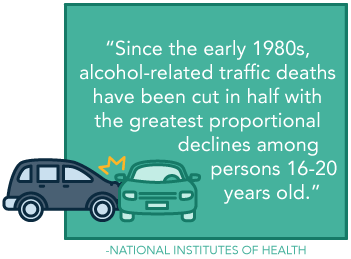 Despite its legal standing, prevalence, and acceptance within numerous social spheres, alcohol is not a benign drug. One of the most common and destructive ways in which this occurs is within circumstances regarding an individual driving after they have been drinking. In decades past, this behavior was more commonplace and even somewhat socially acceptable. Fortunately now, with the advent of more strident rules and social perspectives, this behavior has declined, as evidenced, in part, by statistics presented by the
Despite its legal standing, prevalence, and acceptance within numerous social spheres, alcohol is not a benign drug. One of the most common and destructive ways in which this occurs is within circumstances regarding an individual driving after they have been drinking. In decades past, this behavior was more commonplace and even somewhat socially acceptable. Fortunately now, with the advent of more strident rules and social perspectives, this behavior has declined, as evidenced, in part, by statistics presented by the 
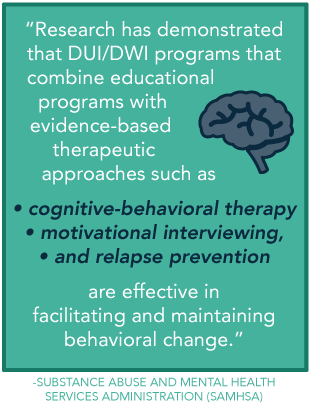 Yes. While you will likely be able to choose most any program, there are certain programs that are especially designed for DUI/DWI offenders. According to the Substance Abuse and Mental Health Services Administration (SAMHSA) “
Yes. While you will likely be able to choose most any program, there are certain programs that are especially designed for DUI/DWI offenders. According to the Substance Abuse and Mental Health Services Administration (SAMHSA) “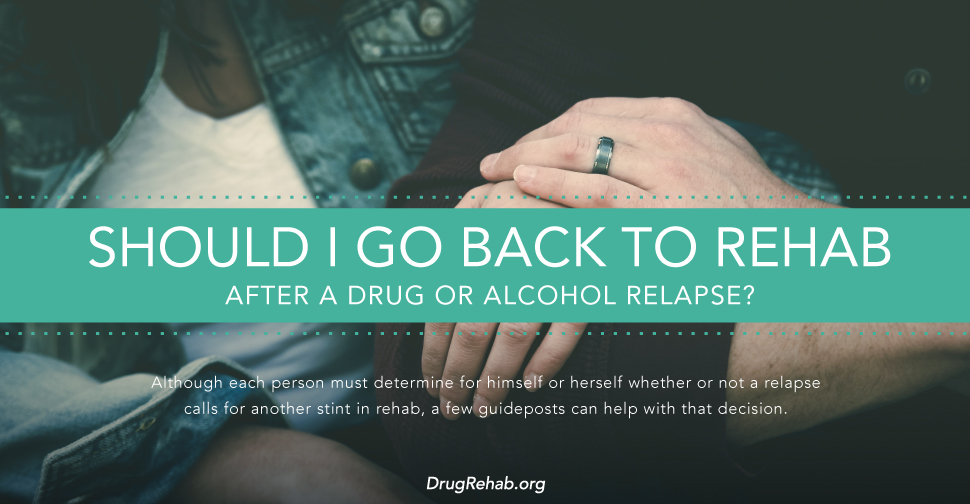
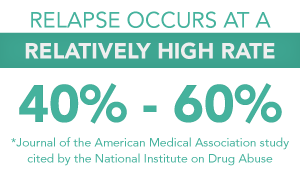

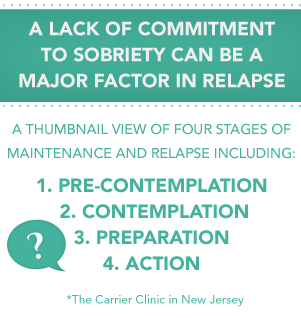

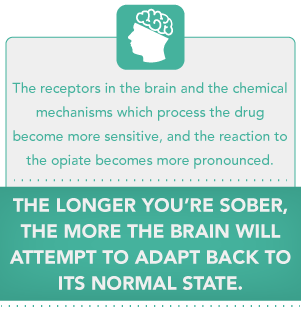


 Be mindful of your emotions — Addiction impacts the people around the user, so chances are, you’ve likely suffered at the hand of your child’s addiction as well. Because of this, and also due to the unique history between each parent and child, you may harbor strong emotions either towards the addiction, or even your child. Be careful of choosing your words wisely, monitoring your emotions, and being mindful of your child’s state of mind. Pointing fingers may drive your child away, creating more negative emotions that they could seek to staunch with drugs or alcohol. Remind yourself—addiction is a disease, it is not a failing of character or moral standing, thus you should not make your child feel this way.
Be mindful of your emotions — Addiction impacts the people around the user, so chances are, you’ve likely suffered at the hand of your child’s addiction as well. Because of this, and also due to the unique history between each parent and child, you may harbor strong emotions either towards the addiction, or even your child. Be careful of choosing your words wisely, monitoring your emotions, and being mindful of your child’s state of mind. Pointing fingers may drive your child away, creating more negative emotions that they could seek to staunch with drugs or alcohol. Remind yourself—addiction is a disease, it is not a failing of character or moral standing, thus you should not make your child feel this way. Do your research — The field of addiction medicine and treatment is wide; take your time to research your child’s specific drug(s) of abuse, including symptoms and side effects of abuse and addiction, so that you know when to spot a problem. Also consider the various treatment options, the cost of treatment, and other important logistical concerns. Information often reigns supreme in these conversations and may at times come through with greater clarity than only emotional missives. This step is also essential too, should you succeed, or even begin to pique their interest in treatment—if they are receptive, you possess a better chance at success, if you are ready to offer them information and options.
Do your research — The field of addiction medicine and treatment is wide; take your time to research your child’s specific drug(s) of abuse, including symptoms and side effects of abuse and addiction, so that you know when to spot a problem. Also consider the various treatment options, the cost of treatment, and other important logistical concerns. Information often reigns supreme in these conversations and may at times come through with greater clarity than only emotional missives. This step is also essential too, should you succeed, or even begin to pique their interest in treatment—if they are receptive, you possess a better chance at success, if you are ready to offer them information and options.
 Consider an intervention — In many cases, you may have repeatedly tried to talk to your son or daughter about their addiction, only to be shut down or met with denial or anger. At a certain point, it may be a good idea to stage an intervention. Contrary to what some may think, an intervention is not necessarily, nor is it recommended to be, planned by friends or family members. Though these individuals have a crucial role within this, they may lend overt emotions or judgements to the process that could stave off your child accepting help and treatment. Instead, consider the aid of a professional—this individual may be a pastor, therapist, counselor, or even a person called an interventionist, a professional trained in preparing for and implementing interventions.
Consider an intervention — In many cases, you may have repeatedly tried to talk to your son or daughter about their addiction, only to be shut down or met with denial or anger. At a certain point, it may be a good idea to stage an intervention. Contrary to what some may think, an intervention is not necessarily, nor is it recommended to be, planned by friends or family members. Though these individuals have a crucial role within this, they may lend overt emotions or judgements to the process that could stave off your child accepting help and treatment. Instead, consider the aid of a professional—this individual may be a pastor, therapist, counselor, or even a person called an interventionist, a professional trained in preparing for and implementing interventions.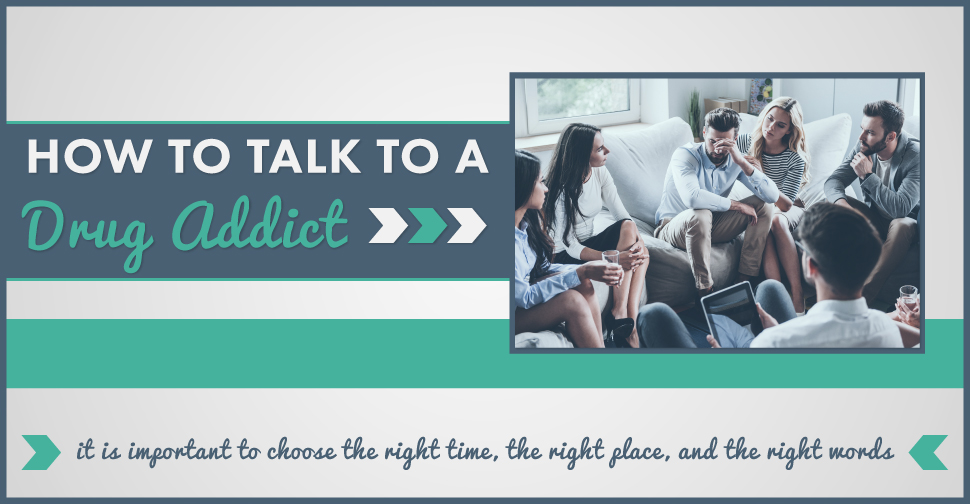
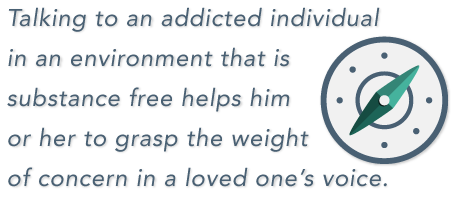 After considering these things, choose a time carefully. Again, broaching a sensitive, pertinent topic such as this may not be wise while a person is high. But talking to a person while he or she is hungover or experiencing the aftereffects may work since the substance abuse is fresh, and it is likely they are feeling ill, or even encountering regret. This might help them to see the error and damage of their ways. In other cases, this may not work. Instead, a sober time free from pressures of work, school, or family may be the right option.
After considering these things, choose a time carefully. Again, broaching a sensitive, pertinent topic such as this may not be wise while a person is high. But talking to a person while he or she is hungover or experiencing the aftereffects may work since the substance abuse is fresh, and it is likely they are feeling ill, or even encountering regret. This might help them to see the error and damage of their ways. In other cases, this may not work. Instead, a sober time free from pressures of work, school, or family may be the right option.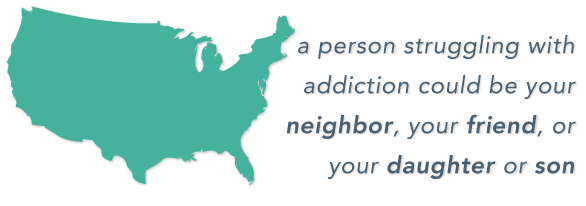

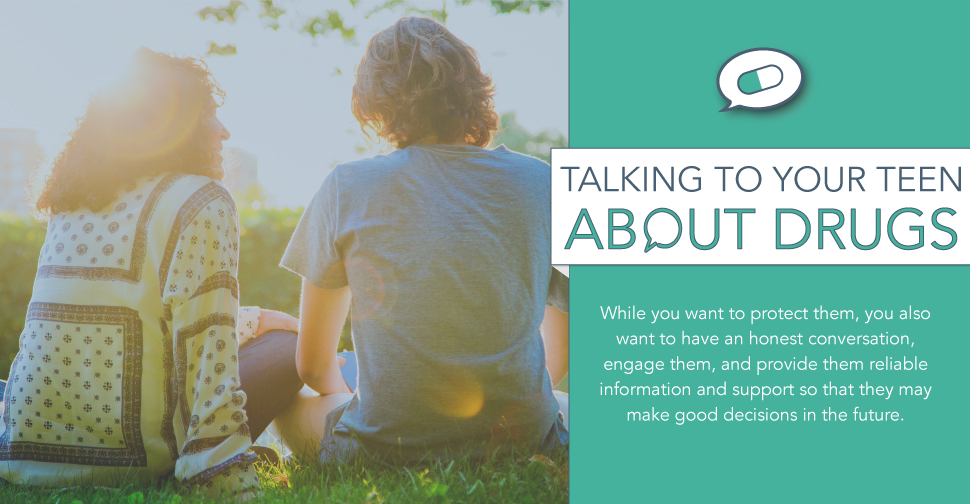
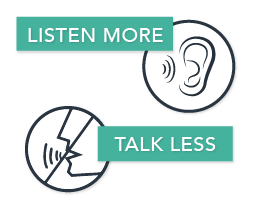 In example, the prefrontal cortex, an area that is responsible for controlling a person’s ability to thoroughly reason and control impulses,
In example, the prefrontal cortex, an area that is responsible for controlling a person’s ability to thoroughly reason and control impulses,  Listen carefully, remember what you are hearing, and strive to not react too strongly or become judgmental. Becoming overly emotional, angry, or blameful can cause your teen to end the conversation before it’s even really started, taking away what could be a critical opportunity for prevention, or even
Listen carefully, remember what you are hearing, and strive to not react too strongly or become judgmental. Becoming overly emotional, angry, or blameful can cause your teen to end the conversation before it’s even really started, taking away what could be a critical opportunity for prevention, or even 

 Due to life circumstances that may be unique to their age or health concerns, elderly people often confront a variety of emotions or mindsets that may be somewhat debilitating and hard to bear. These include a sense of isolation, loneliness, boredom, and grief, as well as others.
Due to life circumstances that may be unique to their age or health concerns, elderly people often confront a variety of emotions or mindsets that may be somewhat debilitating and hard to bear. These include a sense of isolation, loneliness, boredom, and grief, as well as others.
 As you can see, some of the side effects may occur independently due to the natural progression of age. The AoA guide explained that this prevalence of misuse and abuse within this population is based on, as supported by research, a prior history of problems with drugs, the presence of co-occurring disorders, especially depression, and a period or sense of isolation.
As you can see, some of the side effects may occur independently due to the natural progression of age. The AoA guide explained that this prevalence of misuse and abuse within this population is based on, as supported by research, a prior history of problems with drugs, the presence of co-occurring disorders, especially depression, and a period or sense of isolation.







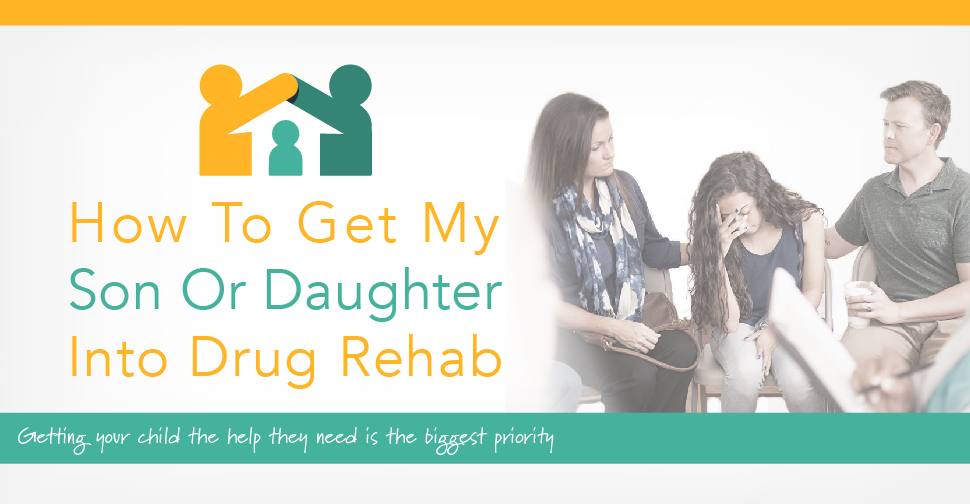






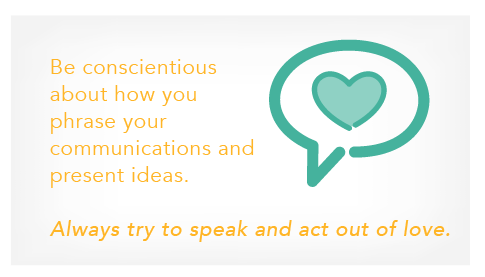 Be conscientious about how you phrase your communications and present ideas. Always try to speak and act out of love. When a person struggles with an addiction, they might feel alienated or even lonely. Being aware of your emotions, reactions, and responses helps to safeguard you, so that you don’t push them away and make them feel these things even more.
Be conscientious about how you phrase your communications and present ideas. Always try to speak and act out of love. When a person struggles with an addiction, they might feel alienated or even lonely. Being aware of your emotions, reactions, and responses helps to safeguard you, so that you don’t push them away and make them feel these things even more.